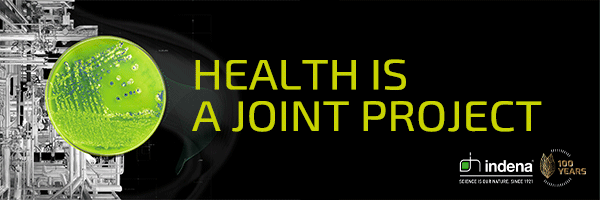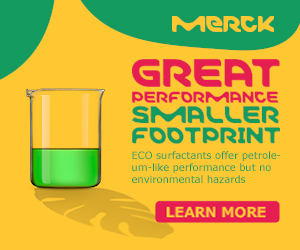Cosmetics & Personal Care
BASF welcomes EU approval of nano-sized UV filter in cosmetics 31st July 2018
BASF welcomes the official entry of Methylene Bis-Benzotriazolyl Tetramethylbutylphenol (MBBT) as a nano-sized UV filter into Annex VI of the EU Cosmetic Regulation. MBBT is an ingredient of the BASF product Tinosorb M.
“We are the largest supplier of safe-to-use, high-performance UV filters that help to protect the skin against the harmful effects of UV radiation such as sunburn, premature appearance of wrinkles and – with frequent intensive exposure – an increased risk of skin cancer. Tinosorb M is an integral part of our broad sun care portfolio and has proven its relevance for many years by being used in numerous consumer products worldwide. We welcome the EU approval of MBBT in nano form after this long transitional period,” said Dirk Mampe, Vice President, Business Management Personal Care Solutions Europe.
Tinosorb M is on the market and widely used since 2000, the year MBBT received its approval as cosmetic UV active ingredient, and has not been changed since. An additional approval, however, was required for products in nano form due to the recast of the EU cosmetic legislation (Regulation (EC) No. 1223/2009) in 2009. In 2015, the Scientific Committee for Consumer Safety (SCCS) published a positive scientific opinion on the safety of MBBT (nano) which it reconfirmed in January 2018 after assessing additional questions raised by individual EU member states. It is now BASF’s third UV filter in nano form to be approved for use in cosmetics in Europe after Tinosorb A2B in 2014 and Z-Cote in 2016.
Tinosorb M – a benchmark in UV protection for 18 years
Thinosorb M has been a benchmark in broad-spectrum UV protection for the last 18 years. It was the first UV filter that came as organic microfine particles, improving efficacy for UV protection. Besides boosting the SPF, it covers a very broad absorption range from UVB to UVA I up to the visible light (280-400 nm). As absorption efficiency increases with decreasing particle size, the ingredient is offered in microfine particles sizes. Besides being photostable, Tinosorb M is highly efficient at a low concentration, stable without preservatives, and can be processed cold. As a water-based dispersion, it can be easily formulated in the water phase of the final sunscreen product. Therefore, it is possible to achieve the EU recommendation for UVA protection with a reduced oil phase. This gives formulations with Tinosorb M a light texture, they can be absorbed quickly and have a pleasant and dry sensory profile.



